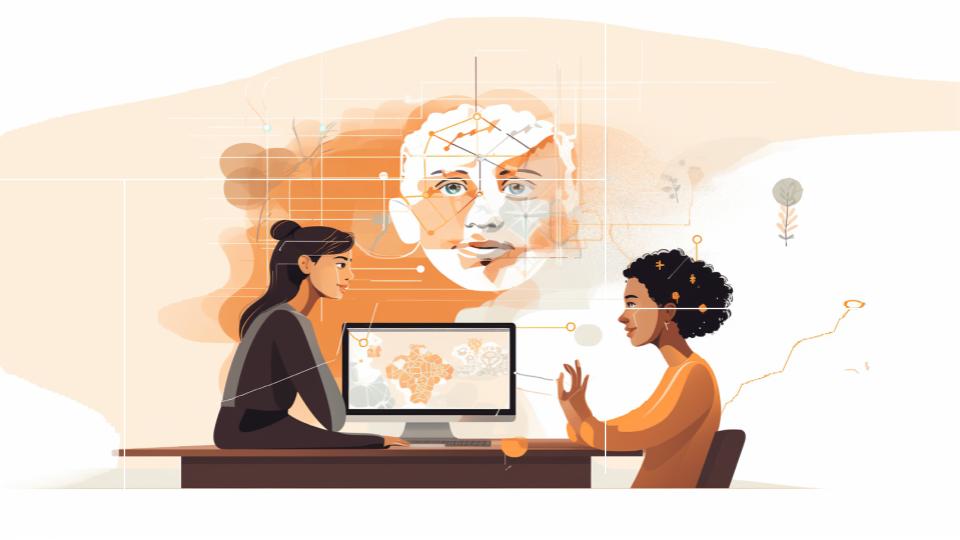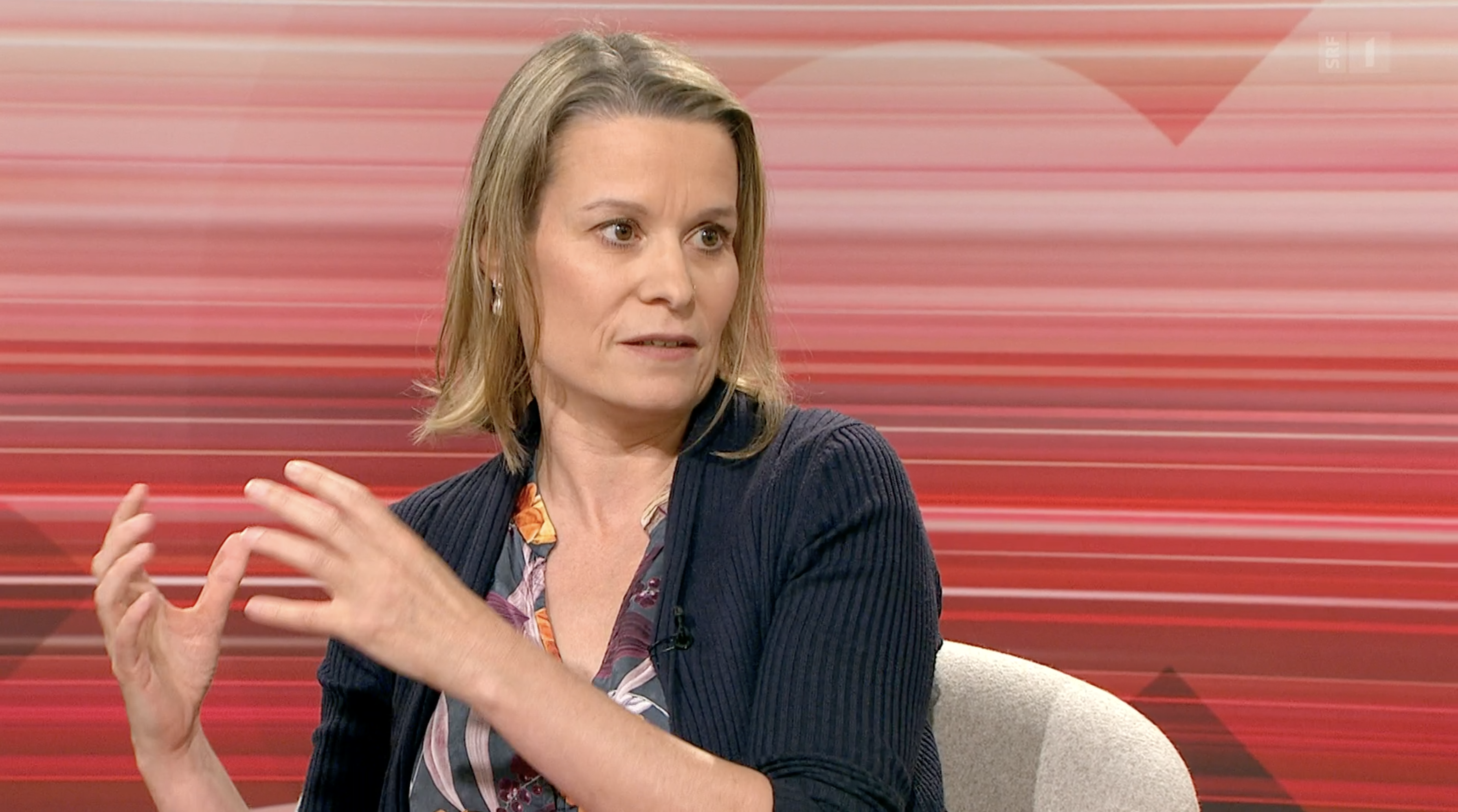The Center LEARN develops approaches and training programs to familiarize teachers with AI-based tools and methods.
The spectacular advances in artificial intelligence (AI) in recent years have led to a significant transformation in many fields. New technologies, the massive availability of data, and progress in machine learning and natural language processing have made AI indispensable. These advancements have opened up exciting new possibilities for education but have also raised numerous concerns and misunderstandings.
On the one hand, AI offers opportunities for personalized learning, improved teaching, and the analysis of educational data, enabling targeted pedagogical interventions. However, the very real challenges associated with its use, such as algorithmic biases, data privacy, and the role of these tools within education, require guidance from experts in digital education.
Indeed, to fully harness the potential of AI in education, it is essential for teachers to understand its functioning, implications, and limitations. In this regard, the Center LEARN plays a crucial role in developing approaches and training programs to familiarize them with AI-based tools and methods.
As part of these efforts, the Center LEARN is involved in interventions with various partners. Here are the different actions taken (regularly updated):
A research team conducted a survey of teachers in private and public schools in the canton of Vaud to better understand their needs and expectations. The full reports of this survey (private schools and public high schools) are available for consultation.
The EPFL magazine “Dimensions” dedicated a section to the challenges of AI in education, focusing on its implications for future learning. It includes testimonials from Pierre Dillenbourg and Francesco Mondada.




